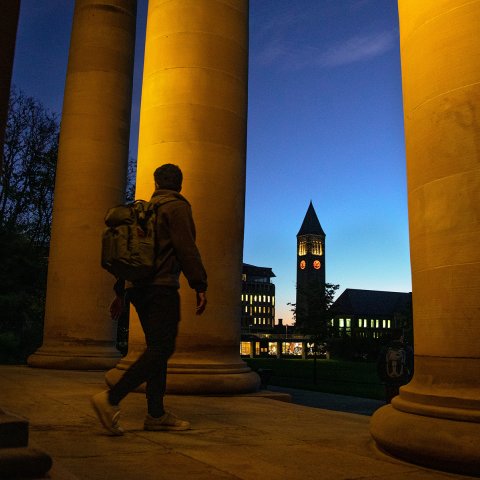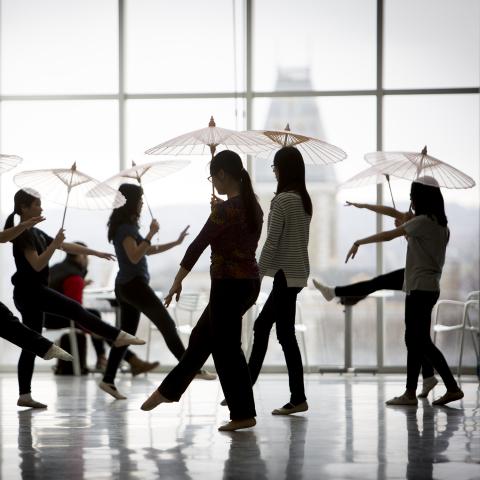Potential Immigration Impact
If you’re an international student and you are arrested, convicted, or suspended or expelled from your academic program, you may be unable to remain a full-time registered student—a legal requirement for student status in the U.S. If you’re an international scholar, your immigration status and future visa applications depend on keeping a clean record by following all state and federal laws.
Find more information about maintaining your status for F/J students, J-1 scholars, H-1B scholars, and other faculty/staff.
What happens if I can’t maintain my status as a full-time student?
If you’re unable to maintain your status, we will advise you on the available options. Options often include departing the United States voluntarily until permitted to return to your Cornell program or applying for a change of status with help from an immigration attorney.
Cornell University has a legal obligation to report to the federal Student and Exchange Visitor Program within 21 days if an international student is no longer enrolled full-time. Student status ends on the disenrollment date officially recorded in university records.
You are not eligible for a grace period before departure if you can't maintain your F-1 status as a full-time registered student. Only graduated students and students taking a leave of absence are eligible for defined grace periods before they leave the country. All other F-1 visa holders are legally required to leave the U.S. immediately when their student status ends.
Ultimately, individuals must make their own decisions about what to do once their student status ends: depart, change status, or remain in the U.S. without valid immigration status.
Your Safety
Please think carefully and plan before engaging in protest activities. Before attending any public demonstration, you should make preparations to stay safe and keep in touch with others in case the situation escalates.
If you decide to make your voice heard, carry or wear a mask and protection for your eyes, such as goggles. Make sure your phone is fully charged so you can quickly connect with friends and navigation help.


